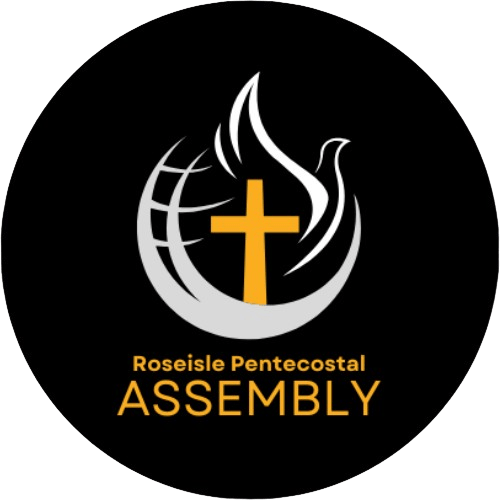Roseisle Pentecostal Assembly
Be Equipped | Be Encouraged | Be Loved
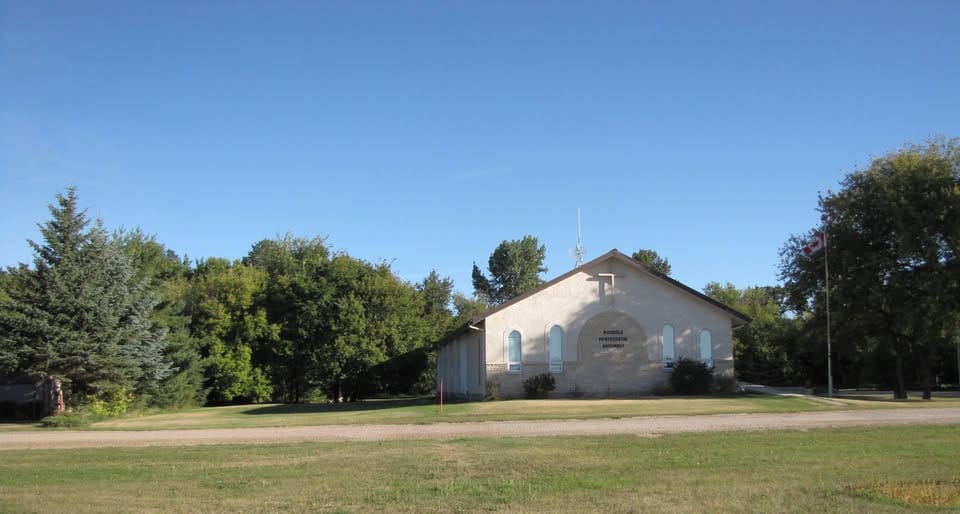
Faith & Fellowship
Sunday's 10:30AM
Experience our weekly Faith & Fellowship gathering that offer inspiring sermons, songs, and a loving, community atmosphere.
Bible Studies
Thursday's 7:00 pm
Deepen your understanding of the Scriptures in our interactive Bible study sessions for all age groups.
Youth Group
Every Friday at 7:00 pm
Contact: youth@rpamb.ca
Text: 825-469-7255
Engage your teens in faith-based activities that foster spiritual growth and community service.
Local Missions
Join our efforts to give back through local missions. Once a month we volunteer at UGM and more local trips are in the works!
Prayer
Send Prayer Requests to: prayer@rpamb.ca
Join us Sunday mornings at 9:15 am to pray for our church and requests.
Fellowship Events
Connect with our church family through regular social gatherings, potlucks, and retreats designed to strengthen our community bonds.
About Us!
Here at RPA we are a Spirit-led community devoted to building Christ-centered foundations through authentic praise and the full counsel of God's Word. We mature disciples through intentional fellowship, sacrificial service, and genuine love for one another. Together, we create an atmosphere where every believer is equipped to discover their spiritual gifts, develop their God-given purpose, and multiply their Kingdom impact. Our hearts beat with compassion for our community as we reach out with the transforming message of Jesus Christ.
We commit to:
Cultivate an environment where the presence and gifts of the Holy Spirit are welcomed and celebrated
Growing together through biblical teaching that challenges and transforms
Supporting each other in life's journey through prayer, encouragement, and practical care
Preparing future leaders who will carry the Gospel message with boldness and love
Serving our community with the compassion of Christ
Creating opportunities for every person to encounter God's love
At RPA, we believe the church isn't just a place to attend, but a family to belong to - where we learn, grow, and serve together in the power of the Holy Spirit.
RPA Strives to be a 2 Tim 3:14-17 Church.
"You, however, continue in the things you have learned and become convinced of, knowing from whom you have learned them, and that from childhood you have known the sacred writings which are able to give you the wisdom that leads to salvation through faith which is in Christ Jesus. All Scripture is inspired by God and beneficial for teaching, for rebuke, for correction, for training in righteousness; so that the man or woman of God may be fully capable, equipped for every good work." 2 Tim 3:14-17
What We Believe
We are affiliated with the PAOC an adhere to the PAOC Statement of faith.
TESTING
Located in Roseisle Manitoba!
Roseisle Manitoba
75 Main Ave, Roseisle, MB R0G 1V0, CanadaPast Sermons
Watch our video sermons here and be inspired by uplifting messages from our pastor.
See Video Here
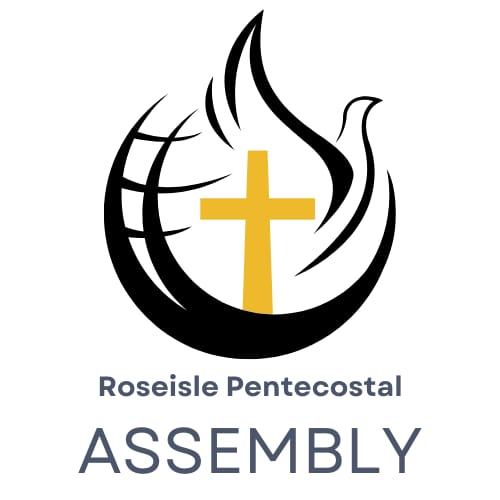
See The Video Here
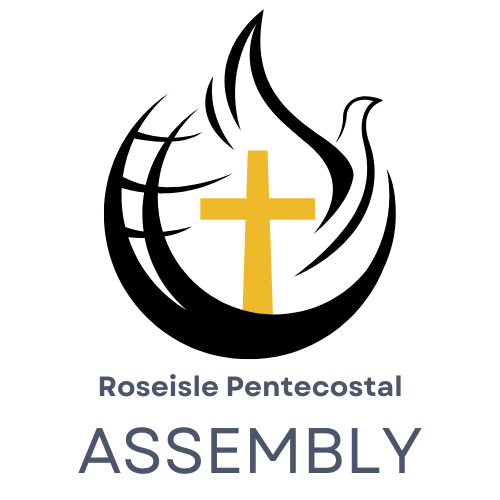
See The Video Here
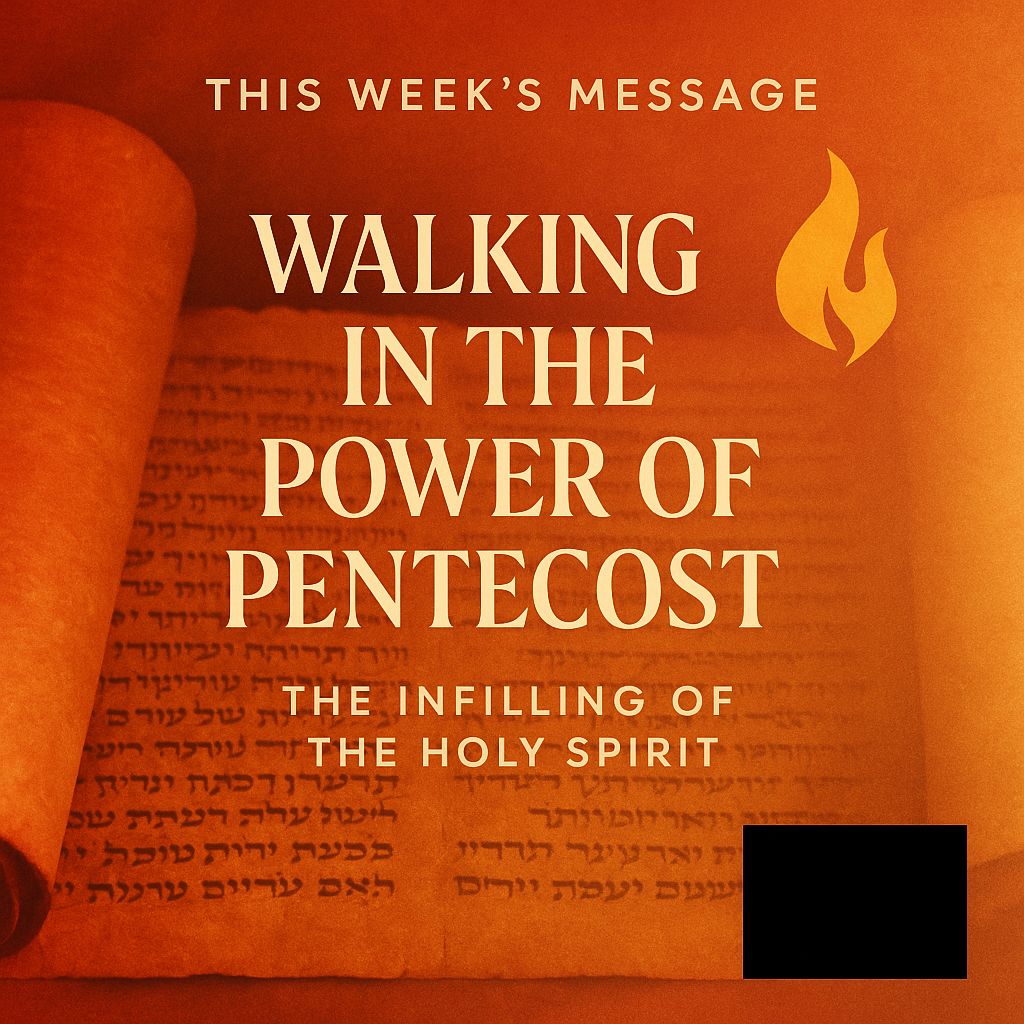
See The Video Here
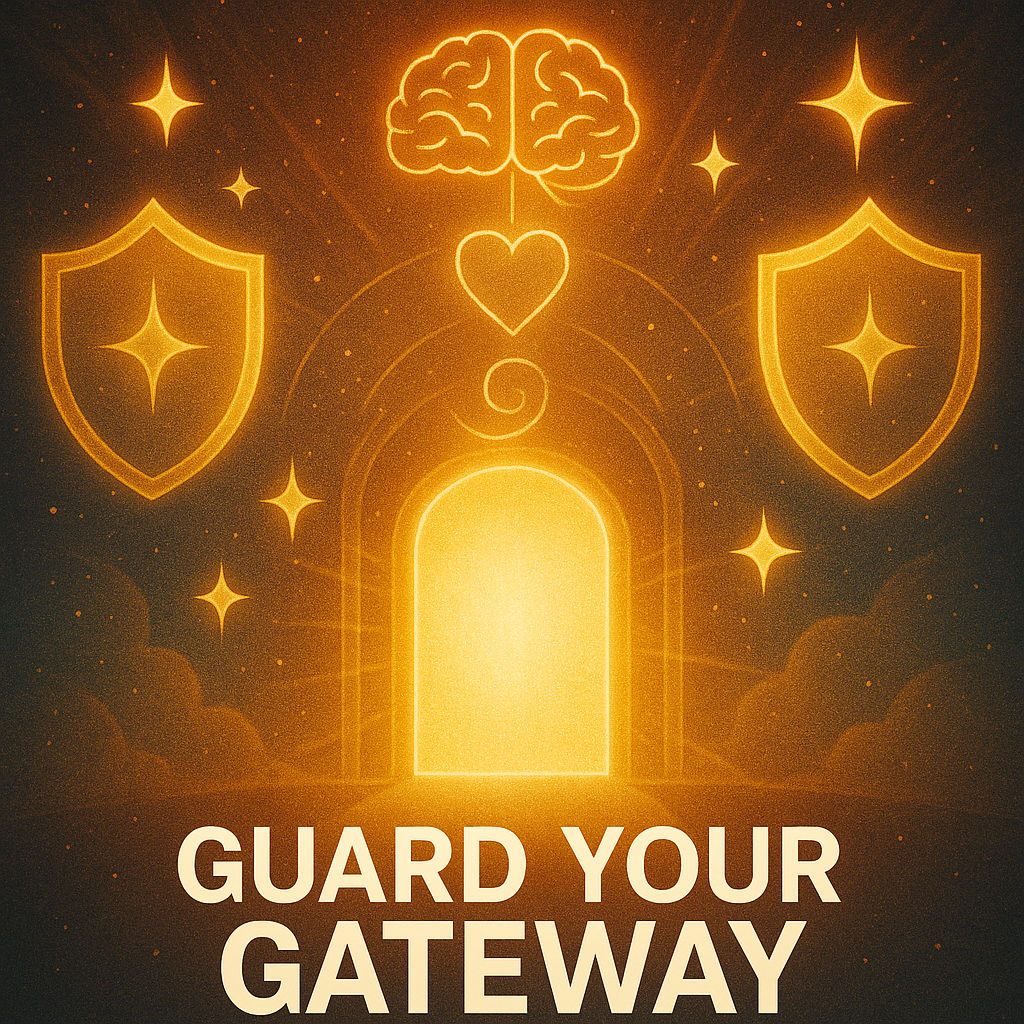
See The Video Here
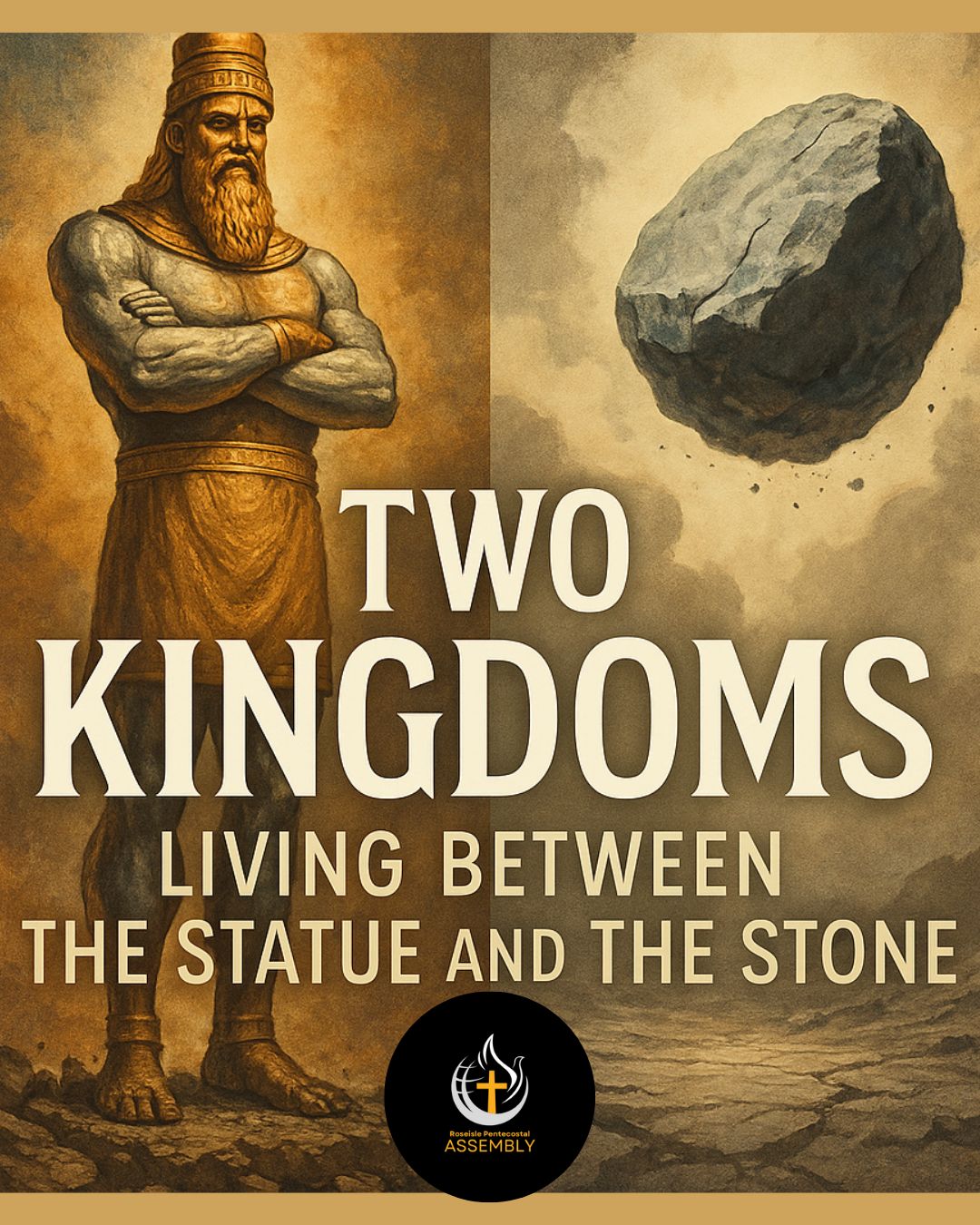
Video Pending Upload
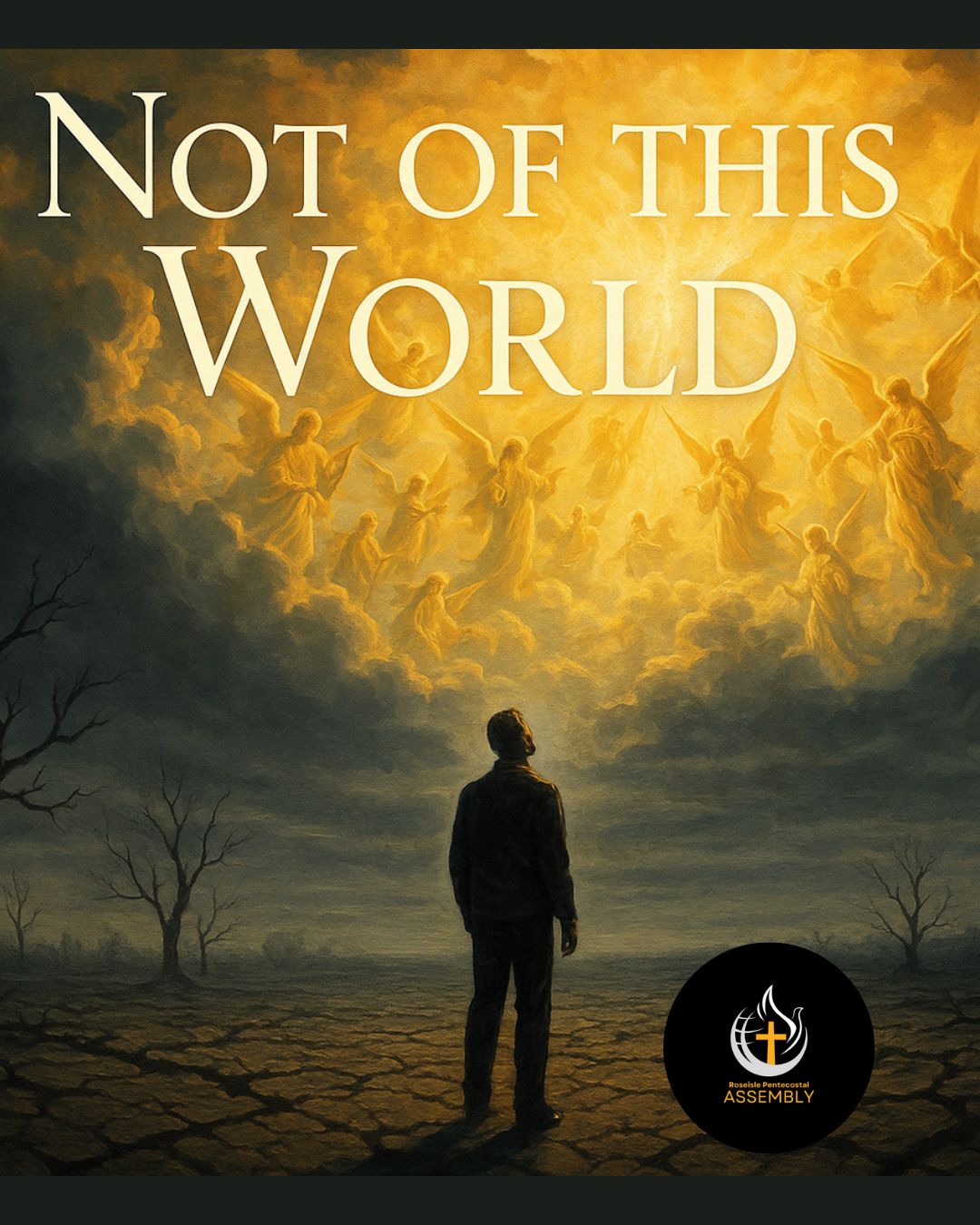
FAQs
Some things your can expect as you become a part of our congregation.
How do I become a member of the church?
Joining our church family is simple! Attend a newcomer’s class to learn more about the PAOC and RPA's Local Church Constitution our beliefs and ministries, and express your intent to join through our contact form.
What programs are available for children and teenagers?
We offer a variety of programs for young people, including Sunday School, youth group meetings, summer camps through the PAOC's Manhattan Beach Camp, and special events designed to nurture their spiritual growth and foster strong friendships.
How can I get involved with community service projects?
Our church organizes regular community service opportunities, such as local clean-ups, and outreach programs. To get involved, visit our Volunteer Opportunities page or contact our pastor.
Are services accessible for those who cannot attend in person?
Yes, we provide live streaming of our services on Sundays, and archived recordings are available on our youtube page for those who wish to fellowship with us remotely.
Who is the Pastor?
Pastor Barry Mossip:
Barry's ministry journey has been richly varied. He began as a missionary in a First Nations community, teaching foundational Bible principles and fostering relationships with the community members. Following his theological training, he served as an Associate Pastor at Zion Pentecostal Church and soon advanced to the role of Senior Pastor. His dedication to God's work has also seen him take on roles such as media and children's pastor and engage in discipling young adults. Beyond pastoral care, Pastor Barry continues to preach and teach regularly, demonstrating unwavering commitment to equipping believers for spiritual growth and maturity.
Now at Roseisle Pentecostal Assembly, Pastor Barry brings a wealth of experience and a heartfelt passion for theological and spiritual education. His approach focuses on creating a strong foundation in Christ, ministering through teaching, fellowship, prayer, and practical application of the Gospel. Barry’s love for deep biblical study, including his interests in the Bible, Dead Sea Scrolls, and theological works, informs his inspirational and relatable preaching style. Alongside his supportive wife, he seeks to nurture and grow the faith of his congregation, emphasizing both discipleship and community involvement in living out the gospel message.
What is your statement of faith?
RPA is a PAOC church and aligns with the statement of faith we also have drafted one from our pastor.
Person of Christ:
Jesus the everlasting Son of Man, is fully divine and fully human in the person of Jesus
Christ. In the personification, Jesus had taken on human flesh, conceived by the will of the Holy
Ghost and born of Mary a virgin (Matt 1:18-25; Luke 1:26-38). Jesus being fully divine
possesses all the godly attributes - omnipotence, omniscience, omnipresence, immutability, and
eternality. He is the exact representation of God's nature (Heb 1:3). Jesus, fully human,
experienced the full range of human life and emotion, yet without sin. He had a human body,
mind, will and emotions (Luke 2:52; John 11:35; Matt 26:38).
The humanity and deity of Christ are perfectly united in one person, without confusion or
mixture. This hypostatic union enables Jesus to be the perfect mediator between God and
humanity (1 Tim 2:5). His humanity allows him to sympathize with our weaknesses, while his
deity gives him the power to provide eternal salvation.
Work of Christ:
Christ came to earth as a human to make a way back to the Father for all humanity (John
3:16) at all times past, present, and future to any who would believe in the name of Jesus. Jesus lived a sinless life and became sin for us (2 Cor 5:21) by doing the will of the Father, through the
power of the Holy Ghost, and not doing his own will (Luke 22:42). Abandoned by his followers,
mocked by Jewish leaders, and condemned to death on a cross by Roman authorities, Jesus was
laid to rest in a borrowed tomb and rose from the grave on the third day.
Through his sacrificial death on the cross, Christ restored the broken relationship between
God and humanity. This grace and salvation is freely given and accessible to all through faith in
Jesus alone, not by works or efforts (Eph 2:8-9). His completed work on the cross justifies us by
faith, progressively sanctifies us, and promises future glorification to all who trust in him.
Salvation:
Salvation is how God redeems humankind from sin and its results. It is a gift of God's
grace, received through faith in Jesus Christ, who died on the cross as a perfect sacrifice for our
sins. Christ, who had been left in the tomb for three days, was raised by God's power to eternal
life (1 Cor 6:14) and had ascended to the Father (Dan 7:13), making a way for humanity to have
fellowship with God once again. We are forgiven and reconciled to God through repentance and
faith, becoming new creations in Christ (1 Cor 5:17).
Church:
The Ekklesia is a group of people who profess faith in Jesus Christ. It is also called the
Bride of Christ and his Body, as he is the head (1 Col 1:18). The Church started at the first
coming of Christ and has included all believers and righteous people pre-Christ incarnation. The
Church is united by Christ the head and by the Spirit of God who is in all believers (Eph 4:4), not
by human efforts. The Church has a united mission to share the Good News of the Kingdom of
God with all nations and perform the ordinances given by Christ (Matt 28:19-20). This includes
praise, teaching, equipping, and serving both believers within the Church and non-believers
outside of the church to demonstrate the love of God (1 Cor 14:26).
Ordinances:
Water baptism is a significant outward expression of an inward change that has already
taken place in the life of a believer (Col 2:12). It is a public display of a believer's faith in Jesus
Christ and an outward expression of our identity with his death and resurrection (1 Cor 10:2).
Baptism is only for individuals who have made a personal profession of faith in Jesus Christ
(Acts 2:38, 8:37). Baptism by full immersion best represents a believer's death to the sinful
nature and resurrection to new life in Christ (Rom 6:4).
The Lord's Supper represents a symbolic reminder of the sacrifice of Christ on the cross
and the redemption that he has secured for us through his death and resurrection. It is a time of
fellowship, unity, and remembrance, as we break bread and drink the cup in memory of our
Savior (1 Cor 11:23-26). It is important to approach the Lord's Supper with a heart of reverence
and self-analysis (1 Cor 11:27-32). The Lord's Supper is a sacred time where believers come into
the presence of God, by the power of the Holy Spirit, united as his body, and celebrate the
victory that Christ has won for us. It is a foretaste of the heavenly banquet that awaits us, where
we will feast with our Lord and Savior for all eternity.
Eschatology
The study of the last things to come, starting with the first coming of Jesus Christ in
human flesh as according to the scriptures (Heb &:1-3). Next, the death and resurrection of
Jesus Christ and his ascension to the Father so the promised Holy Spirit may come (Joel 2:28-29
and Acts 2:1-4). The blessed hope of the coming second return of Christ on the Last Day is
spoken throughout the scriptures when evil will cease to exist and God will restore the world to
its prelapsarian state.
Revelation
God has unveiled Himself to all creation, conscience and throughout all history as general revelation and to individuals or a community in the form of special revelation. God has also revealed Himself in the writings of the Bible that teaches us what to believe and how to live life. God has also inspired the writings of the Bible through the work of the Holy Spirit that gave the authors of the Bible thoughts even though the authors choose the words to convey the thoughts. The Bible can be fully trusted and achieves its saving purpose despite scientific and historical blemishes; is without error and all biblical discrepancies can be resolved.
God’s Attributes
According to God’s nature, He is in continual opposition to all things evil, is sinless, omnipotent within His nature, eternal, omniscient, is the very essence of love, compelled to sooth misery, heal painful afflictions and accepts sinful humans by grace. God is patient and expresses His kindness through steadfast, enduring and faithful love. God is Spirit and is not affected by emotions or affliction but understands affliction. God remains faithful, generous and understanding. God is holy and through His holiness reveals His glory and always acts with complete knowledge and correct values.
Trinity
God is uncreated and uncaused before existence and will remain even after existence. God, therefore, is within creation, however, is not creation itself but above the created order in that He is uncreated. God is undivided and is one eternal, fully divine, that is self-revealed in the Holy Scriptures as Father, Son, and Holy Spirit and is known as three persons that is God. The Person of Jesus Christ is fully divine, uncreated, eternal, coequal, self-revealed in the Holy Scriptures with the Father and Holy Spirit as God.
Creation
God the Father, Son, and Holy Spirit created the universe from nothing, freely, out of love, proclaiming that everything in creation is good. God’s greatest achievement in all material existence is humankind; in that humankind was created bearing the image of God. The creation process according to the Holy Scriptures was completed in six days taken from the book of Genesis; a literal translation of the Hebrew word “Yom” suggests that each day is an extended period that explains the formation of geological and microevolutionary changes within creation itself.
Providence
God’s providence is His divine power that is continually at work, upholding, preserving and governing creation. God being able to see ahead makes wise provision for creation, though at times, the use of Angels who are spiritual beings created by God to serve Him and His people and supernatural workings known as miracles. Humans are responsible for the care of creation in spite of continual impinging of Satan, demons, sufferings on this planet as a result of non-human causes and moral evil, a result of human sin.
Humanity
God has created humankind in His image apart from the rest of creation that holds a unique relationship with God and has dominion over the created order to care for God’s creation. Humankind was designed for each other for love and to be loved and is composed of three parts being the spirit, soul, and body. Although the Bible indicated two humans at the point of creation, God created many other humans besides Adam and Eve.
Sin
Sin is a direct result of the angelic rebellion against God resulting in a three-form method of death, starting with Spiritual death in humankind that leads to physical death in humankind, and without redemption will result in eternal death, that comes from the wrath and judgment of God. Sin can come in many forms such as pride of power or an attempt to control people and situations around. Pride is also a source of refusal to acknowledge our intellectual limitations in what is called pride of knowledge, and finally pride of religion, or the focus of one’s religious acts to obtain a higher form of godliness above another.
